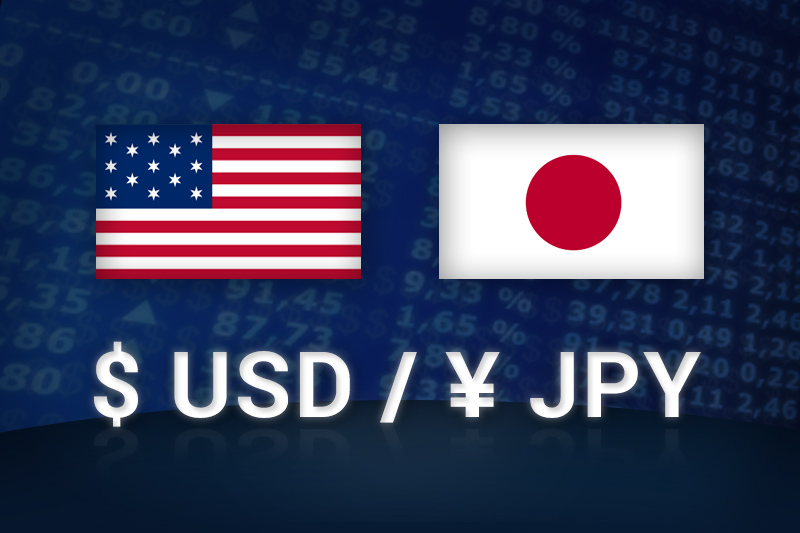Investing.com- The Japanese yen was lower against the dollar and most of the other major currencies in Wednesday’s Asian session as traders await headlines from the Bank of Japan’s two-day meeting, which commences today.
In Asian trading Wednesday, USD/JPY added 0.09% to 84.29. The pair was likely to find support at 83.60, Monday’s low and near-term resistance at 84.32, Monday’s high and a 20-month high.
Following an easy victory by Shinzo Abe and his Liberal Democratic Party in Japanese elections Sunday, the yen fell to an 18-month low against the greenback. Abe has been overt in his desire for the Bank of Japan to engage in unlimited monetary easing to weaken the yen and traders viewed his victory as bullish for Japanese exporters.
Abe’s ability to affect the BoJ’s easing plans will be put to the test immediately as the central bank starts a two-day meeting today with traders widely anticipating some of form of added monetary stimulus. With Japanese interest rates already low, rate-cutting is probably off the table, meaning BoJ could disappoint the market if it does not boost asset-buying.
BoJ does have reason to weaken the yen. Earlier today, Japan’s finance ministry said the country’s export level dropped 4.1% in November resulting in a USD11.3 billion trade deficit.
Elsewhere, EUR/JPY jumped 0.27% to 111.71. The yen is now trading at eight-month lows against the euro. Speaking of multi-month lows, that is exactly what the yen has been finding against some of the Asia-Pacific currencies, but in Wednesday’s session, the Japanese currency is slightly. NZD/JPY is off 0.17% to 70.75 while AUD/JPY lost 0.03% to 88.69.
GBP/JPY gained 0.2% to 137.14 while CHF/JPY added 0.27% to 92.49.
In Asian trading Wednesday, USD/JPY added 0.09% to 84.29. The pair was likely to find support at 83.60, Monday’s low and near-term resistance at 84.32, Monday’s high and a 20-month high.
Following an easy victory by Shinzo Abe and his Liberal Democratic Party in Japanese elections Sunday, the yen fell to an 18-month low against the greenback. Abe has been overt in his desire for the Bank of Japan to engage in unlimited monetary easing to weaken the yen and traders viewed his victory as bullish for Japanese exporters.
Abe’s ability to affect the BoJ’s easing plans will be put to the test immediately as the central bank starts a two-day meeting today with traders widely anticipating some of form of added monetary stimulus. With Japanese interest rates already low, rate-cutting is probably off the table, meaning BoJ could disappoint the market if it does not boost asset-buying.
BoJ does have reason to weaken the yen. Earlier today, Japan’s finance ministry said the country’s export level dropped 4.1% in November resulting in a USD11.3 billion trade deficit.
Elsewhere, EUR/JPY jumped 0.27% to 111.71. The yen is now trading at eight-month lows against the euro. Speaking of multi-month lows, that is exactly what the yen has been finding against some of the Asia-Pacific currencies, but in Wednesday’s session, the Japanese currency is slightly. NZD/JPY is off 0.17% to 70.75 while AUD/JPY lost 0.03% to 88.69.
GBP/JPY gained 0.2% to 137.14 while CHF/JPY added 0.27% to 92.49.
